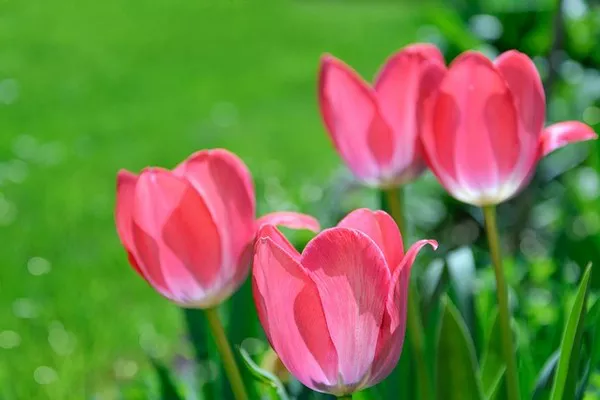Mother’s Day is a special occasion to express love, appreciation, and gratitude towards mothers and motherly figures worldwide. Among the various ways to honor these extraordinary women, gifting flowers has become a cherished tradition. Flowers have a unique way of conveying emotions, and each bloom carries its own symbolism. However, one flower stands out as the most common and beloved choice for Mother’s Day, symbolizing pure love, elegance, and admiration. In this article, we explore the significance of this iconic flower and the reasons behind its popularity on Mother’s Day.
The Enduring Tradition of Gifting Flowers on Mother’s Day:
The tradition of gifting flowers on Mother’s Day dates back to ancient civilizations. Early celebrations often involved offerings to maternal deities and symbols of fertility and motherhood. Over time, this practice evolved, and flowers emerged as a universal symbol of love and appreciation for mothers.
Today, Mother’s Day has become an annual occasion to honor mothers, grandmothers, and other maternal figures in our lives. As we seek the perfect gift to express our gratitude, the choice of flowers becomes a poignant gesture that conveys sentiments that words alone may struggle to express.
The Significance of the Carnation:
The carnation (Dianthus caryophyllus) holds the distinction of being the most common and traditional flower associated with Mother’s Day. Its significance can be traced back to the early 20th century when the flower gained popularity as a symbol of motherly love and appreciation.
The Founding of Mother’s Day:
In the United States, Mother’s Day was officially established as a national holiday in 1914, thanks to the efforts of Anna Jarvis. Her vision was to honor the sacrifices and love of mothers everywhere. Anna Jarvis’s mother, Ann Jarvis, was an advocate for better healthcare for mothers and initiated “Mother’s Friendship Day” in the 1860s to promote reconciliation during the Civil War. After her mother’s passing in 1905, Anna dedicated herself to establishing a day to honor mothers and their invaluable contributions.
The Connection Between Carnations and Mother’s Day:
The carnation’s association with Mother’s Day can be attributed to Anna Jarvis’s efforts to celebrate the holiday. The carnation held sentimental value for Anna, as it was her mother’s favorite flower. She believed that the delicate beauty of the carnation symbolized the tender love and purity of a mother’s heart.
In 1908, during the first official Mother’s Day celebration at Andrews Methodist Episcopal Church in Grafton, West Virginia, Anna Jarvis distributed white carnations to honor her mother’s memory. Over time, the white carnation became synonymous with Mother’s Day, representing maternal love and purity.
Different Colors, Different Meanings:
While the white carnation remains the traditional choice for Mother’s Day, other colors also carry meaningful symbolism:
Red Carnation: A red carnation symbolizes deep love and admiration for a mother who is still alive. It represents gratitude and affection for her unwavering support and devotion.
Pink Carnation: A pink carnation signifies gratitude and appreciation for maternal figures, such as grandmothers and other motherly figures.
Purple Carnation: A purple carnation symbolizes capriciousness, and gifting it to a mother can convey whimsical admiration and a sense of playfulness.
Striped Carnation: A striped carnation is associated with a refusal or a “no” response, making it less commonly used for Mother’s Day.
The Appeal of Carnations on Mother’s Day:
Several factors contribute to the enduring popularity of carnations as the most common flower for Mother’s Day:
Availability: Carnations are readily available in a wide range of colors throughout the year, making them a convenient and accessible choice for Mother’s Day celebrations.
Longevity: Carnations are known for their long-lasting freshness, allowing mothers to enjoy their floral gift for an extended period.
Affordability: Compared to some other flowers, carnations are relatively affordable, making them an appealing option for those looking to express their love without breaking the bank.
Meaningful Symbolism: The various colors of carnations allow individuals to select blooms that best convey their specific feelings and sentiments towards their mothers.
Conclusion:
Mother’s Day is a time to celebrate the remarkable women who have played pivotal roles in our lives. The tradition of gifting flowers on this special day has evolved into a heartfelt expression of love, gratitude, and appreciation. Among the many beautiful blooms available, the carnation holds a special place as the most common flower for Mother’s Day. Its gentle elegance, longevity, and meaningful symbolism continue to touch the hearts of mothers and motherly figures across the globe, creating cherished memories that endure for a lifetime.


